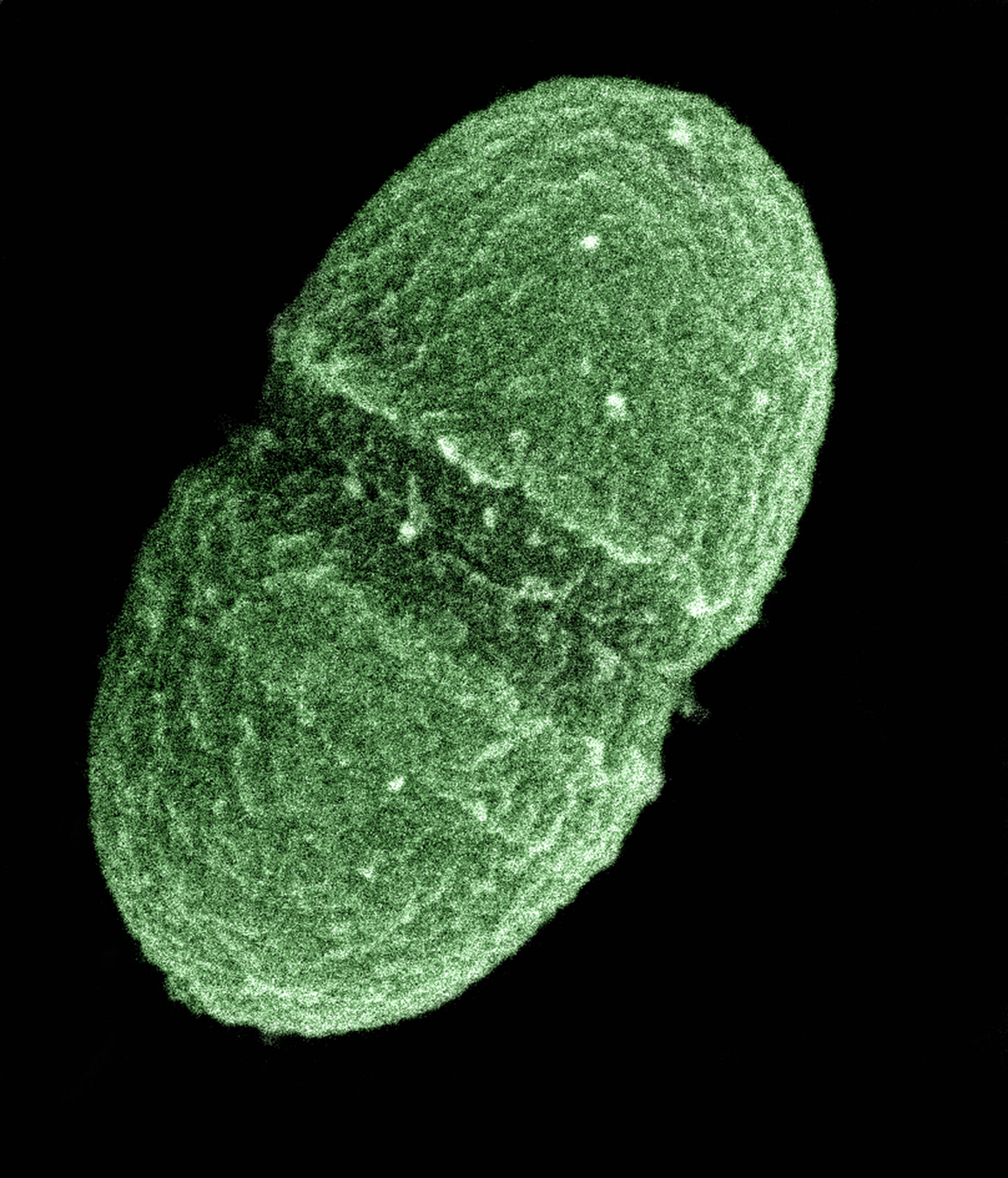
Courtesy of NIH
One day, a visit to your doctor’s office might include not only shots and prescriptions for drugs, but also a pill with a consortium of friendly microbes designed to improve your health.
Sound unusual? Well, here’s some background: The numerous microbial communities inhabiting the human body (the microbiota) collectively form complex ecosystems within our bodies—for example, on our skin or in our guts—which we refer to as the microbiome. Microorganisms in our bodies process the foods we eat and aid in digestion, produce vitamins, modulate epithelial barriers, play a role in immune-system development and response and defend the body against invading microbial pathogens.
Yet a profound disconnect exists between research on the human microbiome and mainstream medical training and practice.
So why focus on the impact of all these little microbes—which include bacteria, archaea, small eukaroytes such as fungi, and viruses—on our health? In an article in Evolution, Medicine, and Public Health, I recently joined several other scientists to argue that the best place to start learning about the microbiome is early in the premedical curricula.
Missed Healthcare Opportunities
Without exposure to the ecological principles that shape the interactions among microbes and the human body there will be many missed opportunities for medical practitioners and basic researchers to come together to identify new treatments and diagnoses using individualized information from a patient’s microbiome.
As noted by Jules Dienstag of Harvard Medical School, “A sick patient does not represent a biochemistry problem, an anatomy problem, a genetics problem, or an immunology problem; rather, each person is the product of myriad molecular, cellular, genetic, environmental, and social influences that interact in complex ways to determine health and disease.” The microbiota is certainly also part of this spectrum of influences on health.
Learning about these complex systems as soon as possible would mean that students entering Albert Einstein College of Medicine and other medical schools would have an advantage in how they think about and treat patients throughout their careers.
Understanding the Microbiome’s Importance
Efforts made during the last decade to characterize microbial communities residing within the human body have greatly increased our understanding of microbial-community composition and diversity in health and disease.
For example, the microbiome is characterized by a network of microbe/microbe and microbe/human interactions that is typically resistant to modest fluctuations in diet, hormones, immune response and invasions by pathogenic and nonpathogenic microbes. Nonetheless, strong disturbances, such as treatment with antibiotics, can lead to profound changes in the microbial community structure from which the microbiome may not completely recover. These changes can have a substantial influence on human health.
Alterations to our microbiota are also important to understand because the microbiome influences metabolic disorders, the development of cancer, and the metabolism of drugs administered to patients. As we come to understand more about these communities, it’s likely that many more functions of the microbiota will be discovered. On the treatment front, serious diseases, such as recurrent infection with toxic strains of the bacterium Clostridium difficile, are already being treated by adding microbial communities from the fecal samples of healthy individuals to the guts of sick patients.
For these reasons, formally incorporating microbiology and ecology into the premedical curriculum is critical to the development of novel therapeutics and treatment practices and providing better patient care. Why not start by building a strong understanding and appreciation of the human microbiome in the undergraduate classroom as a standard part of the premedical curriculum?

